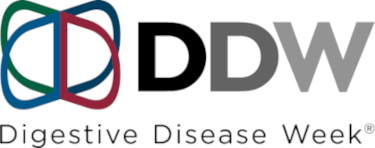Sp194
THE GENETIC EPIDEMIOLOGY OF PANCREATIC CANCER: RECENT INNOVATIONS IN AN EVOLVING LANDSCAPE
Date
May 6, 2023
Explore related products in the following collection:
Tracks
Related Products
INCIDENCE OF EXOCRINE PANCREATIC INSUFFICIENCY AT 3 MONTHS AFTER ACUTE PANCREATITIS: A MULTICENTER PROSPECTIVE STUDY
Background: The incidence of hypertriglyceridemia-associated acute pancreatitis (HTG-AP) has been increasing recently. Plasmapheresis can effectively remove triglyceride(TG) from plasma, but its clinical value in HTG-AP is unclear due to the lack of solid evidence…
PLACEHOLDER
Perturbations in the gut mucosal immune response contributes to IBD. Non-immune cell popopulations including epithelial and stromal cells also play an important role in intestinal inflammation…
PLACEHOLDER
Switching from originator to biosimilar infliximab (IFX) is effective and safe. However, data on multiple switching are scarce. The Edinburgh IBD unit has undertaken three switch programmes: (1) Remicade to CT-P13 (2016), (2) CT-P13 to SB2 (2020), and (3) SB2 to CT-P13 (2021)…
INTRODUCTION
SOCIETY: AGA


